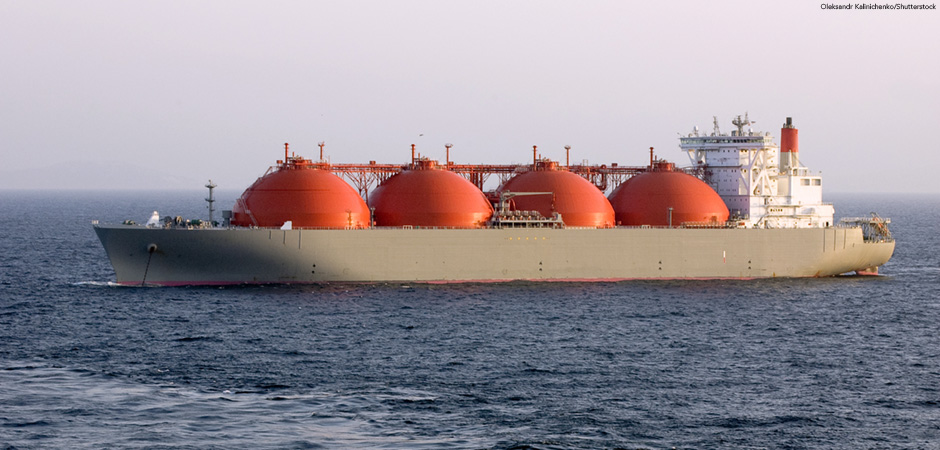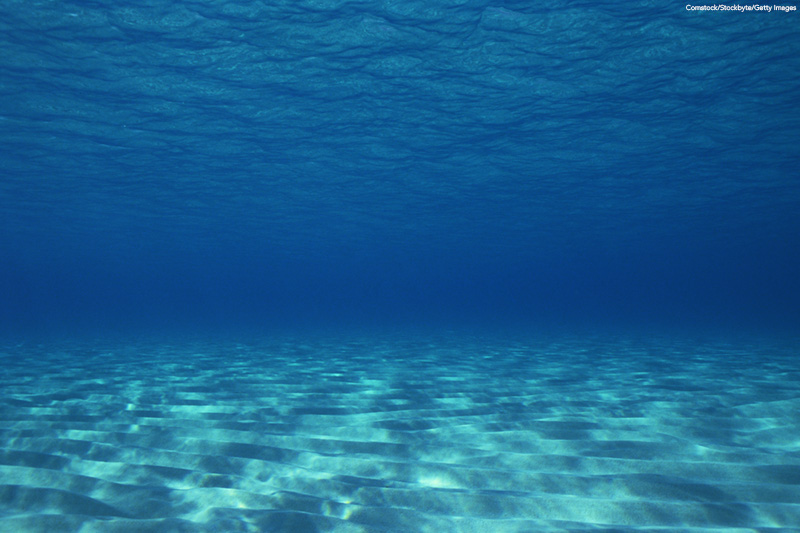
Australia’s federal court recently ruled that Woodside Energy, Australia’s largest oil and gas company, could not start looking for natural gas deposits under the ocean floor. The court ruled that Woodside Energy failed to discuss the plans with all the affected indigenous groups. Indigenous groups are descendants of the earliest known inhabitants of a region. Environmental activists also worry about how seismic blasts that identify oil and gas deposits may affect wildlife in the area.
Seismic Blasting
Woodside Energy uses seismic blasting to search for underwater oil and gas deposits. Seismic blasting is when machines shoot compressed air toward the ocean floor. The blast creates a soundwave that passes through the seabed and bounces back to computers on ships. The computers record the patterns from the soundwaves passing through different materials under the ocean floor. Geologists use soundwave patterns to determine the location of oil and gas deposits. Energy companies use the information to decide if they should drill in an area to remove the oil or gas.

Seismic blasting is noisy. A decibel is a unit that measures the intensity of a sound. The noise of seismic blasting can reach 250 decibels. This level is about a million times more intense than the loudest whale sounds. Environmental activists fear that seismic blasting will harm marine life. They are particularly worried the noise could damage the hearing of pygmy whales. Pygmy whales migrate along Western Australia’s coast, where Woodside plans to conduct seismic blasting. Whales, including pygmy whales, depend on their hearing to travel throughout the ocean, communicate with each other, and find food. If a whale’s hearing is damaged, it could cause injury to the whale or even death.
A Victory for Australia’s Indigenous Peoples
Raelene Cooper is an indigenous custodian, or caretaker, of the Murujuga land. Murujuga is the traditional name for the land and sea around the tip of Western Australia. Cooper challenged the approval given to Woodside Energy to begin searching for natural gas deposits. The National Offshore Petroleum Safety and Environmental Management Authority (NOPSEMA) supervises oil and gas exploration in Australia. Cooper argued that NOPSEMA should not have given Woodside approval to begin work because the energy company first needed to discuss its plan with her. Judge Craig Colvin, who presided over the case, agreed with Cooper’s argument.
The court’s decision to halt any seismic blasting is a legal victory for Australia’s indigenous peoples. Cooper and her community are members of the Mardudhunera culture. The Mardudhunera have strong cultural and spiritual ties to living creatures, including whales. Cooper was happy with the federal court’s decision. She believes that it finally recognizes the culture’s beliefs after years of being ignored.
Woodside Energy felt it has an environmental plan that considered the whales and other marine life. However, the company announced that it would work with NOPSEMA to gain new approval to search for natural gas deposits along Western Australia’s coast.
